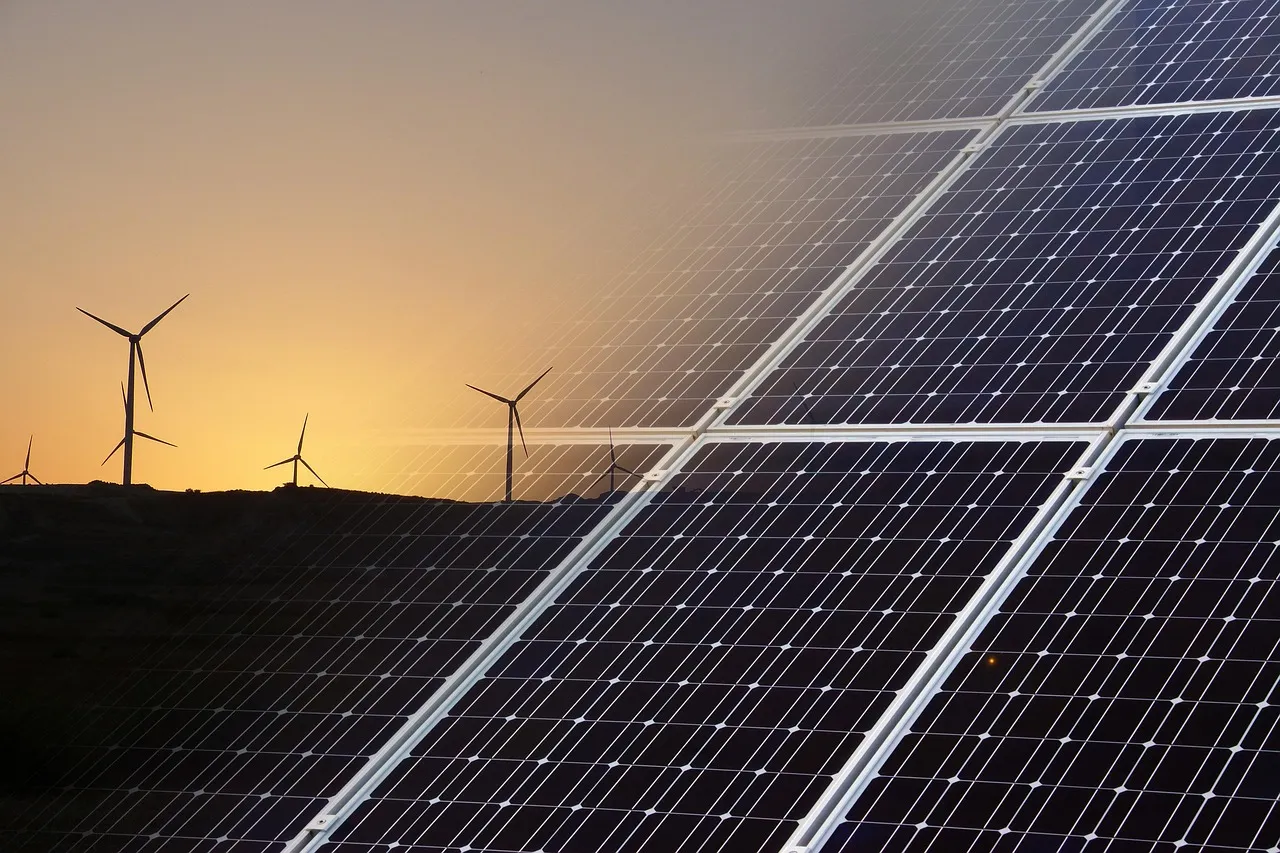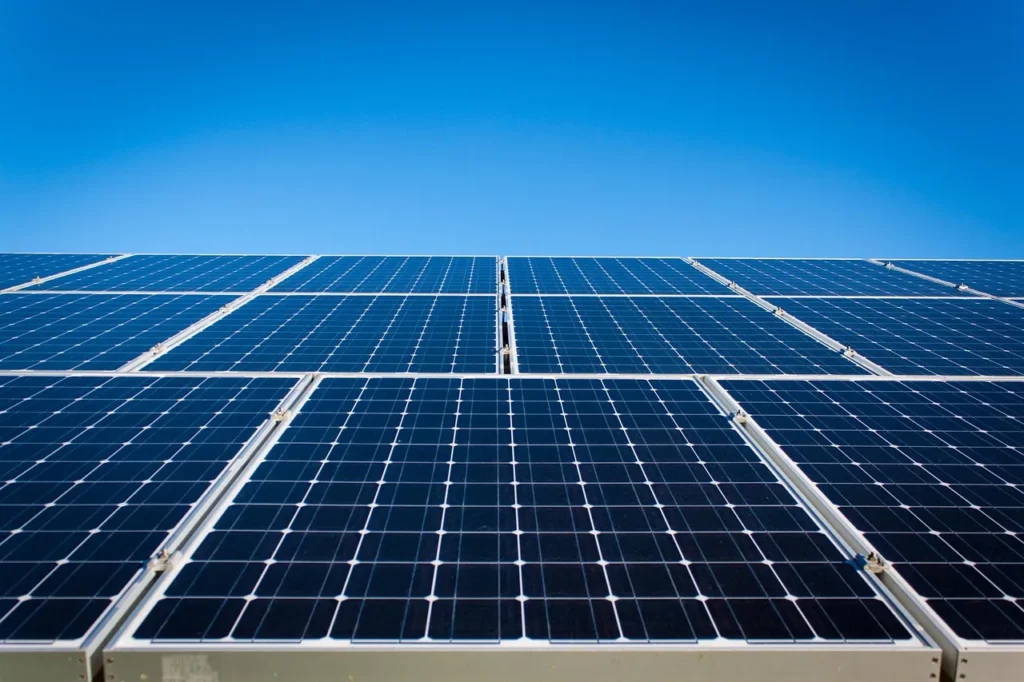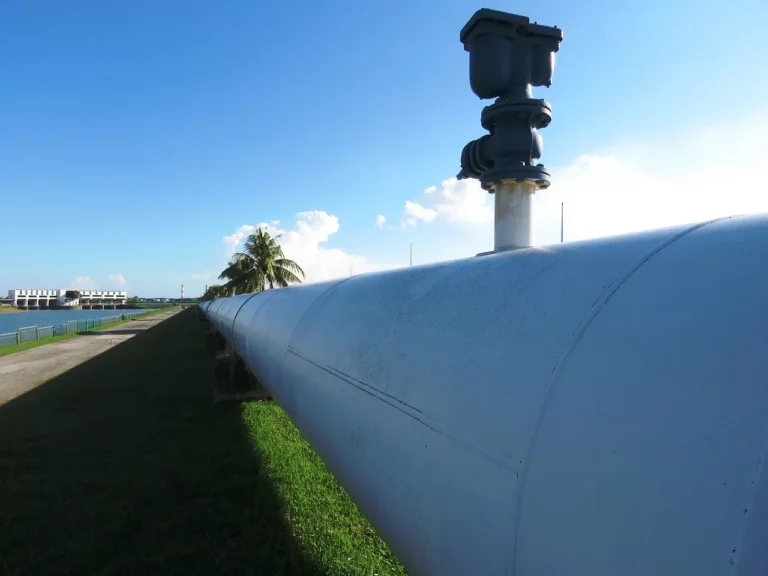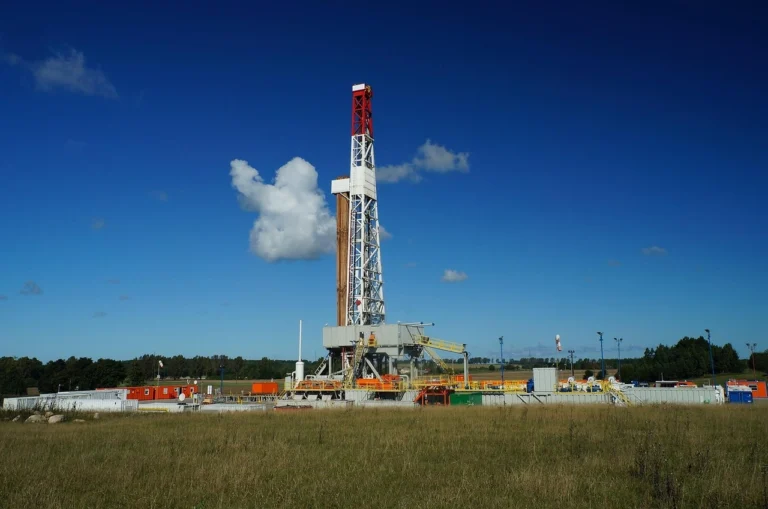
Catalyze Secures $85 Million Tax Equity Investment from RBC to Drive Expansion of Distributed Renewable Energy Portfolio Across the U.S.
Catalyze, a leading fully integrated developer and Independent Power Producer (IPP) of distributed renewable energy infrastructure, announced a significant milestone in its growth trajectory with the closing of an $85 million tax equity investment from RBC Community Investments (RBC). This strategic capital injection is earmarked to accelerate the construction and deployment of approximately 75 megawatts (MW) of distributed energy assets, specifically commercial and industrial (C&I) as well as community solar projects scheduled for development across the United States in 2025.
The funding is expected to play a pivotal role in enabling Catalyze to expand its footprint in the clean energy space, enhancing access to renewable electricity for businesses, property owners, and underserved communities. With this latest deal, Catalyze reaffirms its position as a critical player in the push toward decentralized, scalable, and sustainable energy generation.
A Strong Partnership Continues
This transaction marks a continuation and deepening of the relationship between Catalyze and RBC, a prominent provider of tax equity financing for renewable energy ventures. It’s not the first time the two have partnered, but this latest collaboration signifies an increased level of trust and a shared vision for the role of distributed energy systems in the nation’s energy transition.
“RBC is a valued financing partner, and we are pleased to further expand our relationship with this latest investment,” said Jared Haines, CEO of Catalyze. “This financing enables us to further our mission to bring scalable distributed generation projects to businesses and communities nationwide.”
This move also comes at a critical time for the renewable energy industry in the United States, as developers and utilities alike navigate evolving tax policies, technological advancements, and increasing demand for clean energy from both private and public sectors.
The Role of Tax Equity in Renewable Energy Development
Tax equity investments are a key financing mechanism in the renewable energy sector. They enable developers to monetize federal tax incentives—such as the Investment Tax Credit (ITC) and Production Tax Credit (PTC)—that are critical to making clean energy projects financially viable. Investors like RBC provide upfront capital in exchange for future tax benefits and cash flows associated with renewable energy projects.

For companies like Catalyze, tax equity is often one of the last pieces of the capital stack needed to greenlight the construction of new projects. Securing a substantial tax equity partner not only validates the quality of the project pipeline but also provides a level of financial certainty that helps developers scale more efficiently.
“RBC’s investment in this portfolio demonstrates our commitment to advancing clean energy solutions within local communities,” said Jonathan Cheng, Managing Director at RBC. “We are excited to partner with Catalyze on the strategic deployment of these and future projects.”
Accelerating the Energy Transition Through Distributed Generation
Unlike centralized utility-scale power plants, distributed generation refers to electricity generation that occurs at or near the point of use—on rooftops, parking structures, or small plots of land close to end users. This approach reduces transmission losses, enhances grid resilience, and enables a more democratic energy system.
Catalyze specializes in these types of projects, particularly focusing on rooftop solar, ground-mounted community solar farms, and integrated energy storage systems. These assets are often designed to serve commercial clients, local governments, school districts, and residential communities who might otherwise struggle to access affordable clean energy.
By focusing on distributed assets, Catalyze is helping to decentralize energy generation and promote local energy independence—goals that align closely with national and global climate targets. The 75MW of projects supported by the RBC investment will contribute meaningfully to decarbonization efforts while creating local economic opportunities through job creation and increased energy affordability.
A Growing Portfolio Anchored by Experience and Vision
With this funding, Catalyze’s total portfolio of projects in operation and under construction now surpasses 300MW, a significant achievement for a company that has rapidly risen in prominence in the renewable space. The portfolio spans a wide variety of geographies and project types, giving the company a diverse and resilient base from which to grow.
Catalyze’s development model is fully integrated—spanning project origination, financing, design, construction, and long-term asset management. This vertical integration allows the company to streamline execution and reduce costs across its projects, a key advantage in an industry often fragmented by third-party contractors and consultants.
Its strategic backers, EnCap Investments and Actis, have consistently supported the company’s expansion. These private equity sponsors bring not only financial firepower but also industry expertise and a global perspective, having backed numerous successful ventures in the energy infrastructure space.
Market Context: Rising Demand for Distributed Energy
Catalyze’s growth and RBC’s renewed investment come amid a broader trend toward distributed energy solutions in the United States and globally. Several macroeconomic and policy drivers are converging to make distributed energy more attractive than ever:
- Federal and State Incentives: The Inflation Reduction Act (IRA) and various state-level programs offer enhanced tax credits and rebates for solar, storage, and other renewable technologies.
- Corporate Sustainability Goals: Businesses are under increasing pressure to decarbonize operations, and on-site or local renewable generation provides a tangible, cost-effective path forward.
- Grid Modernization Needs: As utilities struggle with aging infrastructure and rising demand, distributed energy can help alleviate strain and improve resilience.
- Equity and Access: Community solar programs aim to democratize clean energy access, providing benefits to renters, low-income households, and communities that may not have suitable rooftop space for solar.
Catalyze is well-positioned to capitalize on all of these trends, and the new investment from RBC ensures that its pipeline can be realized at speed and scale.
Scaling with Purpose
The $85 million investment will enable the completion of a wide array of projects in 2025, but Catalyze is already looking further ahead. Its long-term vision includes deploying gigawatts of distributed clean energy infrastructure that integrates solar, energy storage, electric vehicle (EV) charging, and intelligent grid services.
As more markets open up and regulatory frameworks evolve to support distributed generation, Catalyze plans to play a leading role in enabling the transition to a more sustainable and decentralized energy system.
In addition to scaling its energy generation capabilities, Catalyze continues to invest in technology platforms that enhance customer experience and operational efficiency. The company utilizes proprietary software tools for project design, performance monitoring, and energy optimization, offering clients a seamless path from initial consultation to long-term savings.







